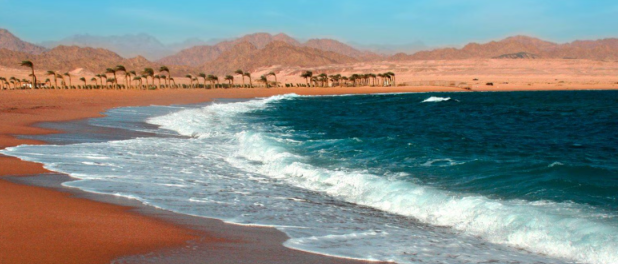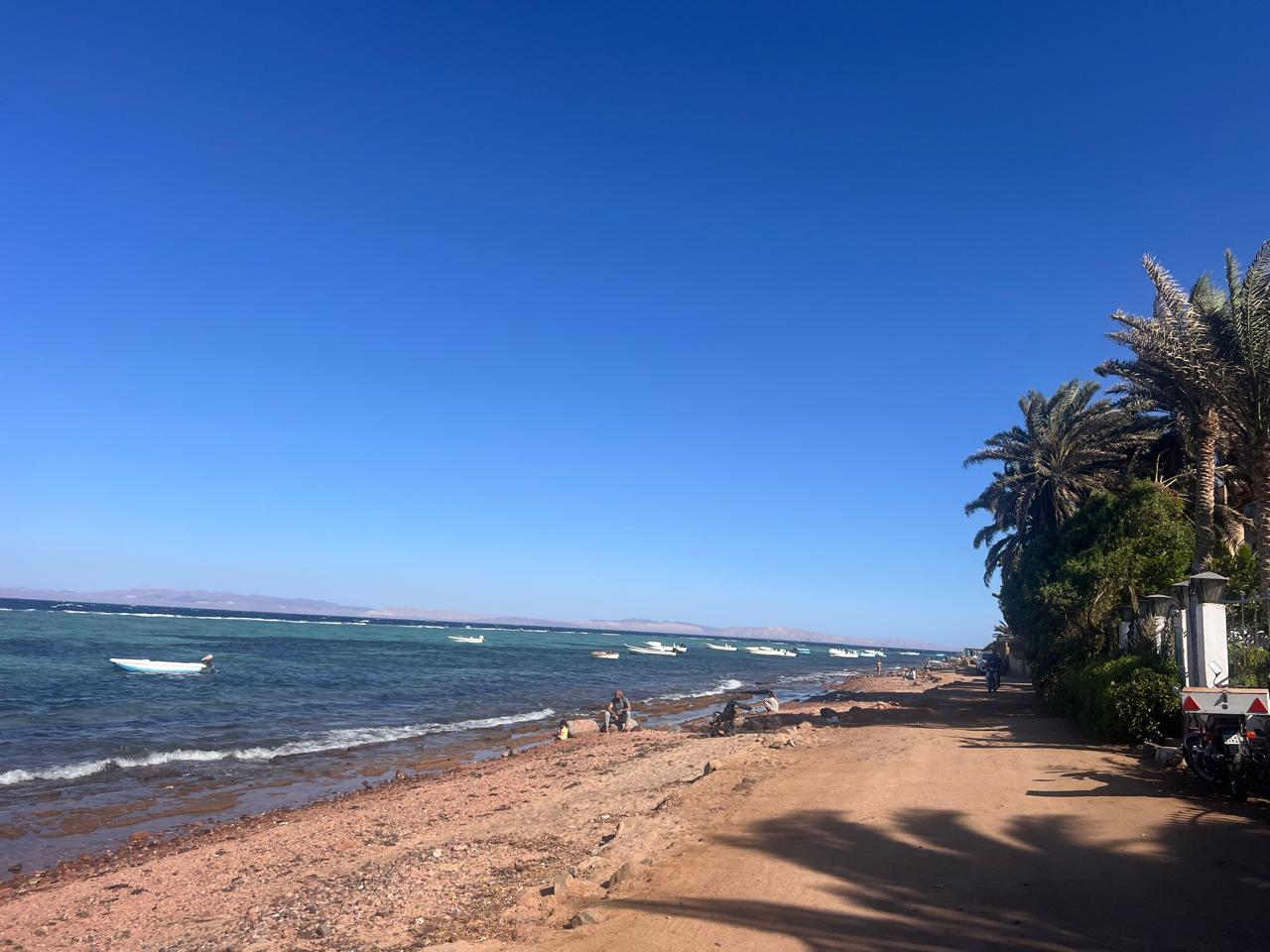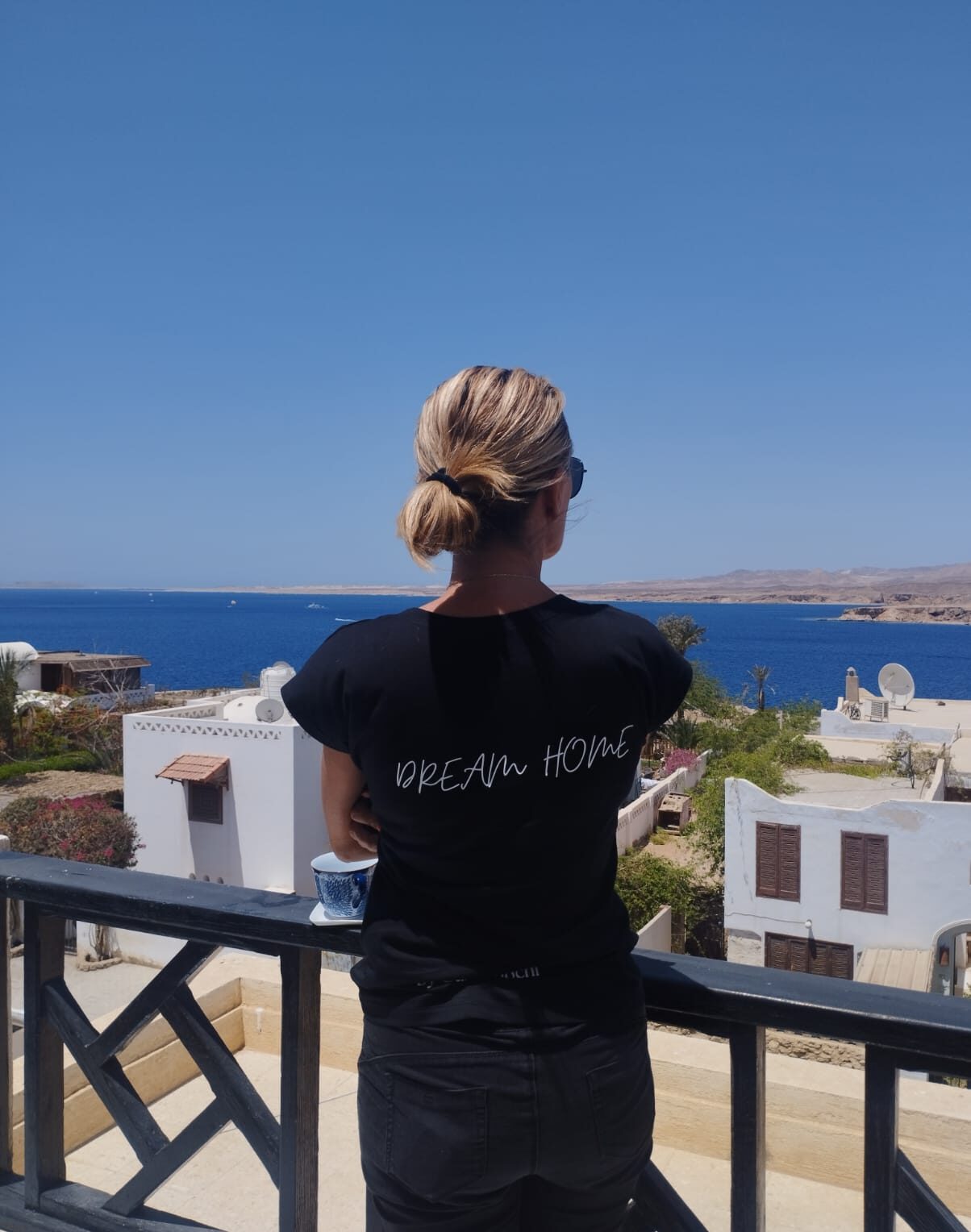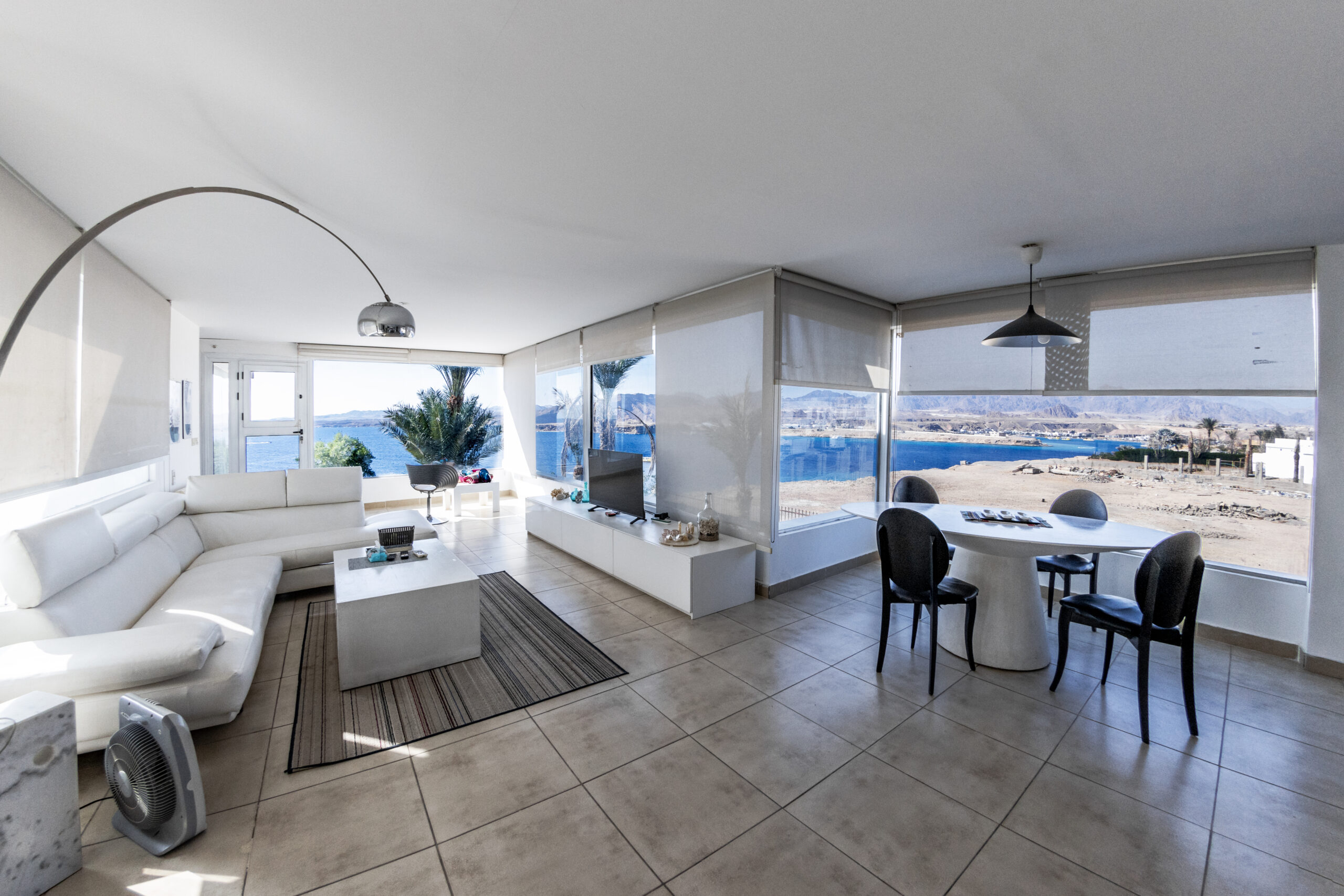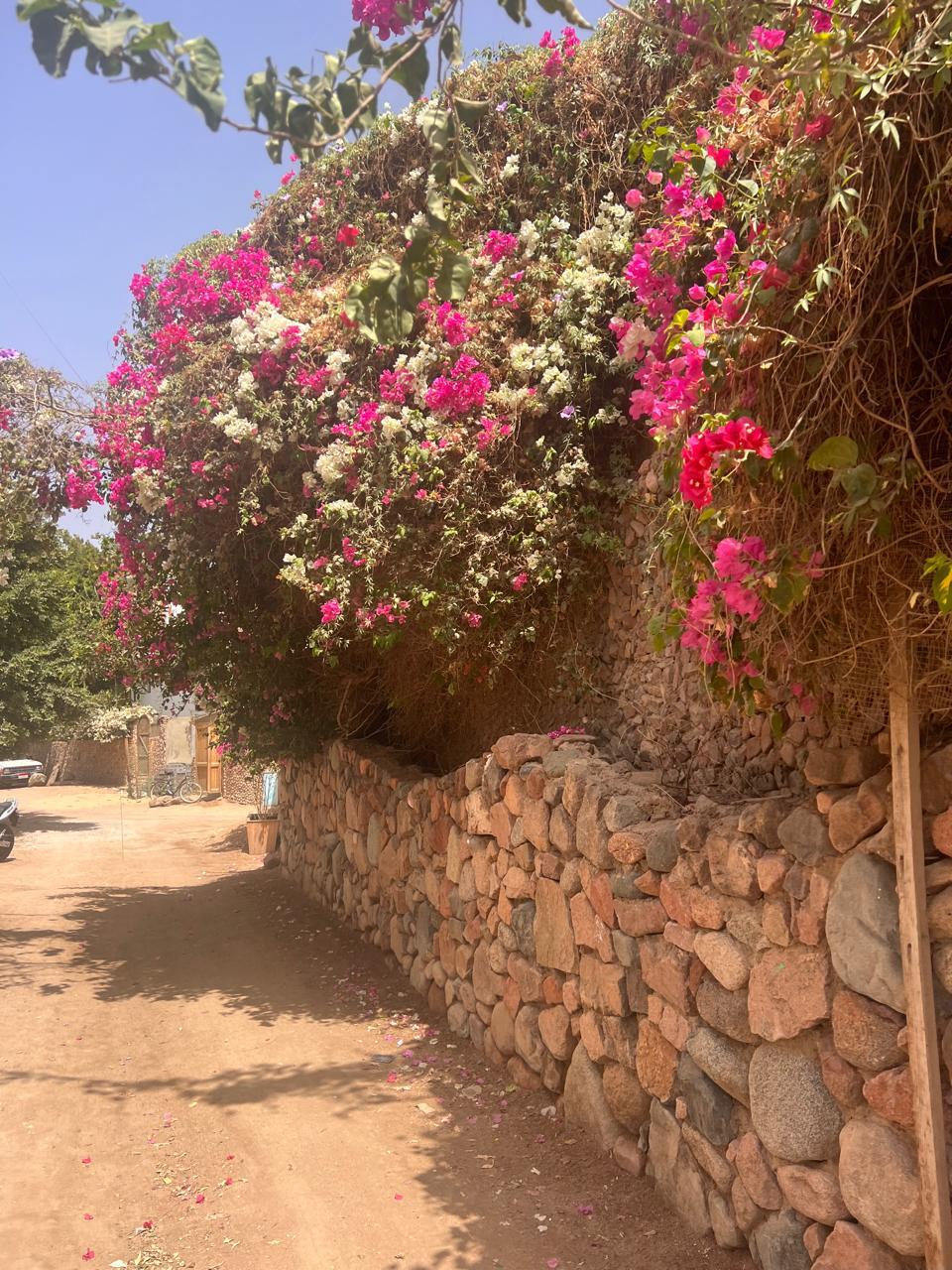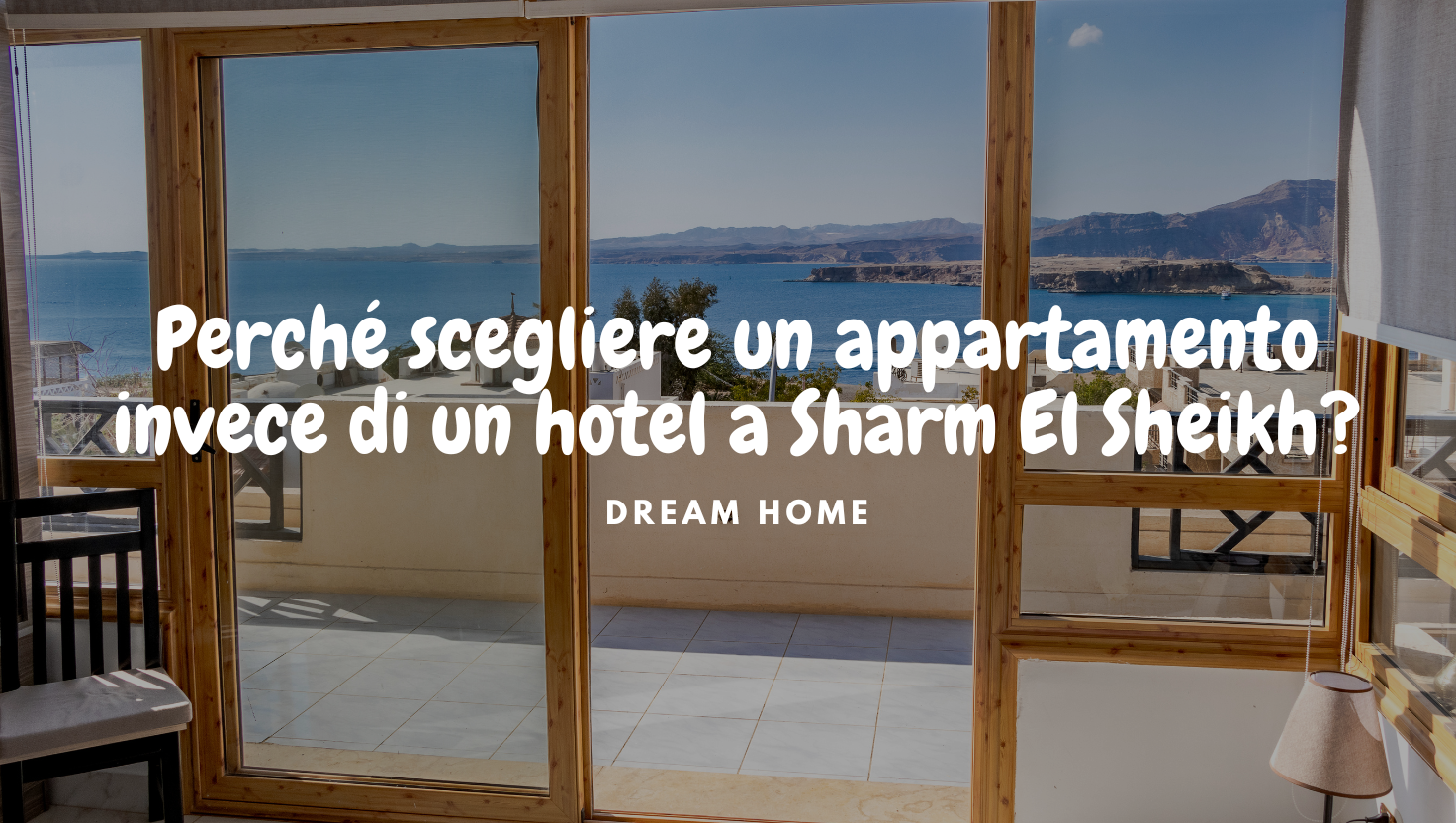Buying in Usufruct in Sharm el Sheikh: Between Reality, Opportunity, and Common Misconceptions

Talking about real estate in Sharm el Sheikh, especially when it comes to usufruct, often sparks mixed reactions. There are always doubts, criticisms, and strong opinions, some valid, others not so much. But the truth is, for those who look at facts with clarity, certain opportunities deserve to be explored.
Anyone who really knows Sharm understands that life here is affordable and that the real estate market offers options you won’t find in Italy. Usufruct, in particular, is a perfectly legal tool that can represent a great balance between budget and quality of life, if you understand how it works.
In this article, I want to share some concrete insights, backed by real numbers, to help those who are genuinely interested evaluate things with a clear mind and without bias. Investing abroad is a big decision, yes. But it can also be one of the smartest choices you make, if you’re well informed.
Why buying under usufruct in Sharm el Sheikh can be a smart investment
I know, when people hear “usufruct,” they frown. There’s always someone ready to say, “you’re not really buying,” or “you can’t leave anything to your children.” But let’s look at things realistically and with some understanding of the Egyptian market: the reality is very different. In Sharm el Sheikh, usufruct can be a real opportunity. Not only because prices are still incredibly low, but because it allows actual use, rental, resale, and, with proper contract clauses, even some transfer flexibility.
Let’s start with something simple: we currently offer properties under usufruct starting from 67,000 euros. What can you buy in Italy with that amount? Maybe a garage in a small provincial town. Definitely not a vacation home with two bedrooms and a swimming pool just minutes from the beach. But in Sharm, you can.
That’s the point: the price-to-value ratio here is on a different level. You can get brand-new, fully furnished apartments in residences with pools, walking distance to the sea, 24/7 security, and sometimes even breathtaking views. And if you choose the right area and type of property, it can also increase in value over time.
Sharm is undergoing real growth. The new port project in Sharks Bay, constant infrastructure development, and growing international interest are all clear signs. Tourism is booming again, and foreign investment is rising. Buying now means entering a market in transformation, while prices are still in the “early phase.”
People often ask me: is it really worth it? The answer isn’t just theoretical. Let’s look at the numbers. A few years ago, a small studio in Hadaba cost 15,000 euros. At the time, the exchange rate was 1 euro = 18 EGP, so the investment was around 270,000 EGP. Today, that same property can easily sell for 35,000 euros. At the current exchange rate of 1 euro = 56 EGP, that equals nearly 1,960,000 EGP. That’s more than double in euros, and over six times more in local currency. And that happened in under ten years.
Now imagine if the studio had been purchased in local currency. With an investment of 270,000 EGP, today you would have a property worth nearly 2 million EGP. In a country where inflation is high, keeping money in the bank means losing purchasing power. But those who invested in real estate have protected, and grown, their capital.
And what if that property had been rented out for just 250 euros per month? In five years, you would have earned 15,000 euros, the original investment. Today you’d have your initial money back, plus a property worth more than twice what you paid, and maybe even plans to reinvest.
This isn’t theory. This is how the real estate market works in Sharm el Sheikh. And when I talk about usufruct, I’m talking about this too: a smart way to enter the market, enjoy a vacation home, rent it when you’re away, and protect it with a contract that gives you the real right to use and manage the property. There are also clauses allowing the right to be transferred to a spouse or child, if properly drafted. That adds even more value.
In a world where 67,000 euros won’t even buy you a small flat in the suburbs back home, here it gets you a real home. Year-round sun, crystal-clear sea, ultra-low maintenance costs, and realistic chances of property appreciation. At DreamHome, we still believe this can be a real, and smart, investment when done carefully and with the right partners.
Common questions we hear at DreamHome
“Is it really usufruct? Or just a fancy way of saying rent?” No, it’s not a rental. In Egypt, especially in the Sinai, there is a legal system that allows foreigners to register usufruct rights (or similar) with the Egyptian Notary Public (Shahr El Aakari). While Egyptian law is different from ours, it provides a recognized legal framework for exclusive property use, with potential for resale or transfer under specific conditions. It’s not full ownership, but it’s not a simple lease either. It’s a time-limited real right, officially recognized and locally registrable.
“What if the Egyptian government changes or removes foreign rights?” In over twenty years, no law has revoked existing registered rights. Usufruct in Sinai is backed by stable legal provisions (including Law 14/2012), and the local economy relies heavily on this mechanism. It’s in the government’s own interest to preserve this model, especially given partnerships with Saudi Arabia and other international stakeholders.
“What guarantees do I have that no one will take my home overnight?” If your rights are properly registered and managed by competent professionals, your position is solid. It’s essential to work with reliable local experts, avoid shortcuts, and insist on clear contracts. No country can offer absolute guarantees, but the risk here is lower than you might think.
A note on the term “Notary” Egypt does not have a notary profession like Italy. However, there is a government office called Shahr El Aakari (Notary Public) that handles registration and authentication of legal documents and contracts, including usufruct deeds and taukil (general powers of attorney). When we refer to a “notary” in this context, we mean this public entity.
“What if the EGP drops? I’ll lose everything.” The exchange rate is important, yes. But this investment isn’t about speculating on currency. It’s about buying a tangible asset (a seaside home) at a price far below European standards. Appreciation can happen in euros too. Those who bought at 15,000 euros now sell for 35,000 euros, earning in strong currencies from European or international clients.
“You can’t compare Sharm to an Italian town. They’re two different worlds.” Exactly. That’s the whole point. Costs are different, taxation is different, and the market operates on a different logic. It’s like saying that investing in Bali, Dubai, or Albania is absurd because it’s not Milan. The comparison only serves to highlight the value gap.
“What about hidden costs? Fees, taxes, maintenance?” Annual costs are very low by European standards. On average, service charges for maintenance, pool, security, and common areas range between 300 and 900 euros per year.
“Is it a real investment?” It depends on what you’re looking for. If you’re thinking stock market returns, maybe not. But if you want a tangible asset, real rental income, or a vacation home with resale potential in euros, then yes – it’s a real estate investment. And in this region, at this moment in time, it might just be a unique opportunity.



